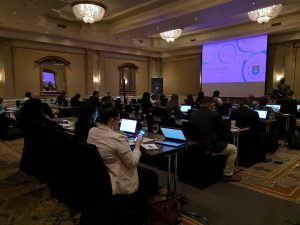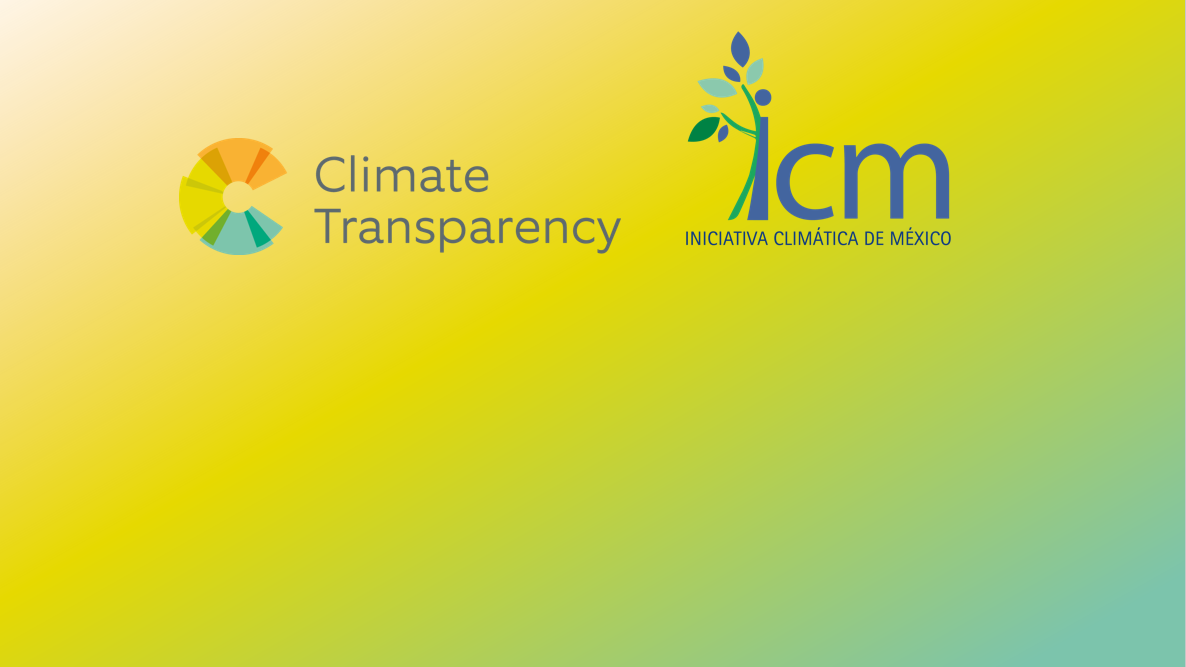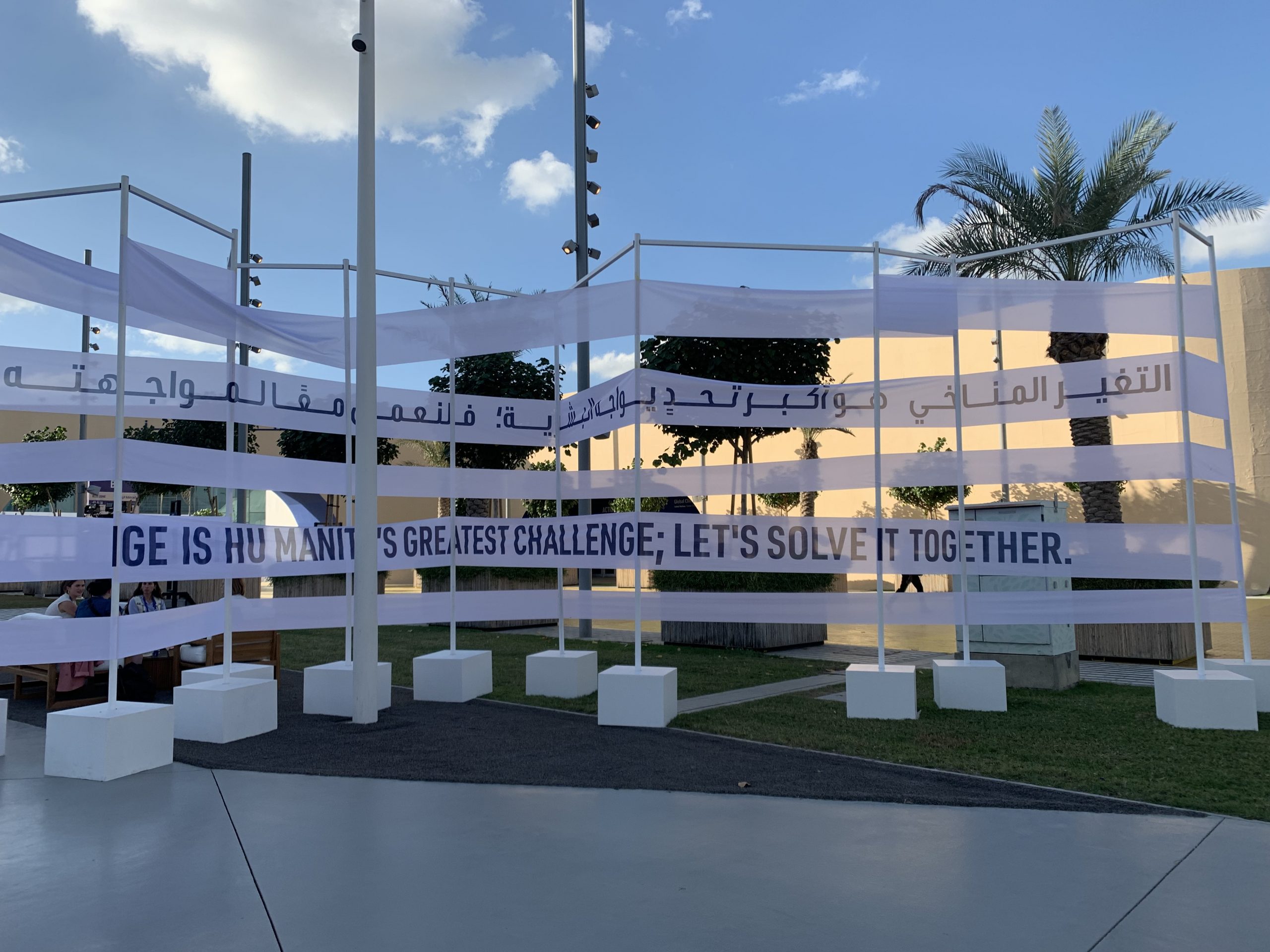The Energy Systems Research Group of the University of Cape Town, the South African Partner of Climate Transparency, organised a symposium on the future of transport in South Africa.
The event has been co-organised by the Department of Transport of South Africa and the South African National Energy Development Institute (SANEDI).
The symposium took place on 3 March 2020 (Tuesday) in Pretoria, South Africa.
The event was well-attended by government officials, members of the automotive manufacturing organisations, industry experts and other researchers.

Mr. Simon Ssekabira-Ntege, the acting Chief Director of Research and Innovation at the Department of Transport, opened the workshop with emphasising the role that transport plays in the functioning of the economy and social development.
He also noted that workshops bringing different stakeholders together help in advancing the transportation development.
Ms. Bopang Khutsoane, Deputy Director of the Global Climate Change and Green Transport Strategy Project Manager in the Department of Transport, opened presentations with an overview of the South Africa’s Green Transport Strategy.
The Green Transport Strategy aims to minimise the negative effects of energy usage in the transport sector, specifically upon human health and the environment. The Strategy promotes sustainable energy development and energy use through increasing the implementation of efficient practices and investing heavily in green transport. The Strategy is a first step to South Africa applying global climate mitigation obligations in the transport sector, to ensure that people and environment are secure in the future.
A variety of additional mechanisms were outlined, targeting different features of the transportation system – including modal shifting, better integrated transport systems, improved vehicle efficiency, and technology changes, such as incorporating electric vehicles (EVs) and hydrogen fuel cells.
The next presentation was made by Fadiel Ahjum, a researcher at the Energy Systems Research Group (ESRG) at the University of Cape Town, who presented the main findings of the policy paper on Low Carbon Transport Futures for South Africa. The paper analyses the mitigation potential of a selection of policy and regulatory interventions including the mitigation potential of interventions aimed at reducing the costs of EVs, improved and better integrated transport networks, and shifting road freight to rail as well as presents the results of the modelling work conducted by the team.

A key finding from the research was that an EcoMobility scenario, which encompasses both EV rollout with improved transport integration systems, brings emissions from 60Mt CO2eq down to about 10 Mt CO2eq in 2050. Many of the interventions in the EcoMobility scenario complement the GTS strategy, indicating scope for greater ambition for mitigation in the transport sector.
Gaylor Montmasson-Clair, representing Trade and Industrial Policy Strategies (TIPS), presented preliminary work on policy recommendations for EVs adoption and value-chain development in South Africa. The country has a well-established vehicle manufacturing industry, with multiple policies in place to support the industry. These policies do not yet fully address the production and rollout of EVs in the country, nor how these two different technologies will compete in the same market.
Additional presentations were made by Zanie Cilliers from Sustainable Energy Africa (SEA), who looked at transport planning at the city level, and Dr. Andrew Marquard from the Energy Systems Research Group (ESRG) at the University of Cape Town, who provided insights on South Africa’s climate policy and international commitments.

The workshop concluded with a presentation from Enrique Maurtua Konstantinidis, Climate Change Senior Advisor at FARN, Climate Transparency Partner in Argentina. Enrique provided an overview of the Argentinian transport sector, which accounts for 30.9% of emissions in the country.
Critical questions – of relevance for South Africa – were raised on issues relating to social justice and protection. Specifically, with electric vehicles being a critical intervention to mitigate emissions and pollution from the transport sector, policies need to be developed that protect workers in the automotive sector and to involve communities in areas with natural resources needed for battery technology in decision-making and ownership.
Altogether, the workshop provided an important forum for experts, policy makers, and other stakeholders to discuss the potential and goals for mitigation in the transport sector, as well as explore policy options and socio-economic considerations for effective implementation.








